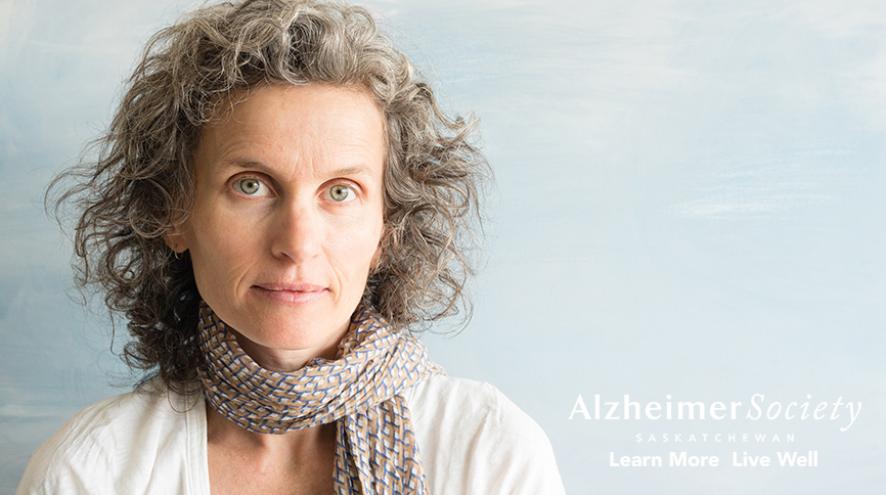Become a support group facilitator
Consider becoming a Support Group Facilitator and overseeing a safe and supportive support group environment for participants with dementia.

Ready to Volunteer?
Email [email protected] or
call our Dementia Helpline at 1-877-949-4141.
Interested in becoming a Support Group Facilitator?
Support Group Facilitators oversee and facilitate a supportive and safe support group environment where participants are able to develop meaningful connections, experience a sense of belonging, gain understanding and knowledge, and be empowered to live proactively throughout their journey with dementia. A Support Group Facilitator provides information and support consistent with the philosophy and vision of the Alzheimer Society.
Responsibilities
- Oversees and guides support group meetings at a time and place agreed upon by group members and makes all other necessary meeting preparations
- Creates and maintains an open, safe and supportive group culture
- Using resources and information from the Alzheimer Society, provides group members with information about dementia and its progression, caregiving, increasing personal resiliency, health system navigation and community resources
- Refers members who need additional support outside of the support group to the Alzheimer Society First Link® program
- Publicizes Support Group meetings
- Abides by the Oath of Confidentiality, and at each meeting, reminds members of the Confidentiality Agreement consent
- Facilitates the development of support networks in the community
- Participates in ongoing education and training provided by the Alzheimer Society of Saskatchewan
- Submits participant attendance sheet every month and
- Completes reports, surveys and forms as required by the Alzheimer Society
Time Commitment
Support Groups generally meet monthly on an ongoing basis. Additional time required organizing and publicizing meetings, completing reports and participation in education and training will vary. A yearly commitment to attend a facilitators’ training session is expected.
Skills & Qualifications
- Experience caring for a person with dementia as a family caregiver or as a professional caregiver, or has relevant experience working with this population
- Basic knowledge and understanding of dementia and the impact it has on the person and their families
- Good organizational and communication skills
- Works independently with minimal supervision and
- Good public relations and speaking skills
To learn more about Support Groups, visit our Support Groups page
